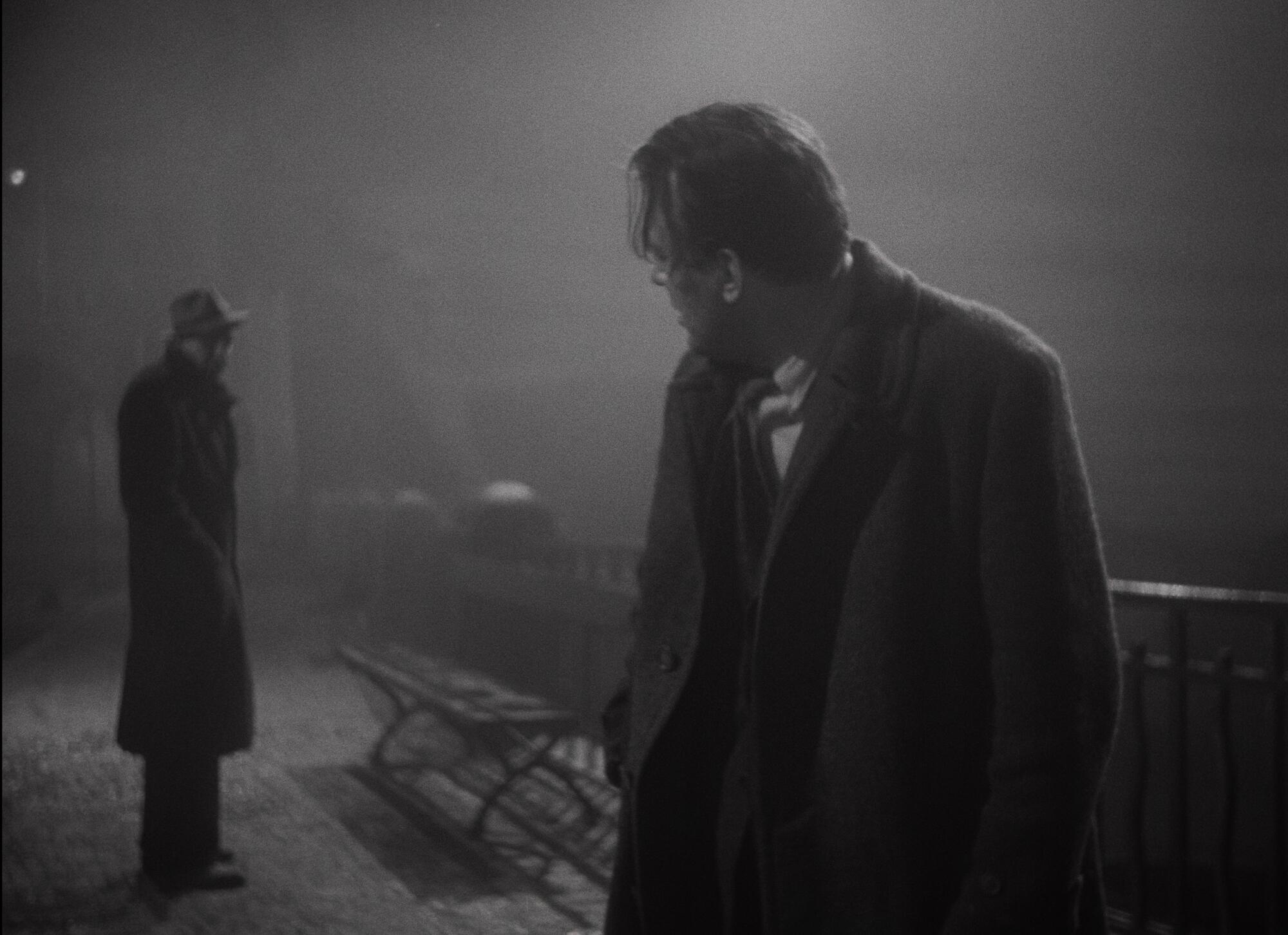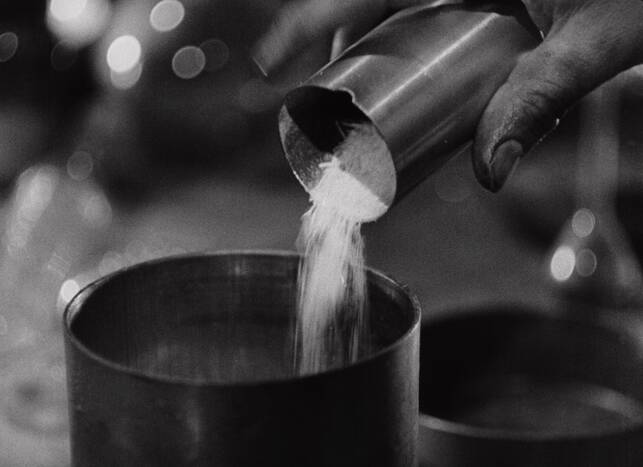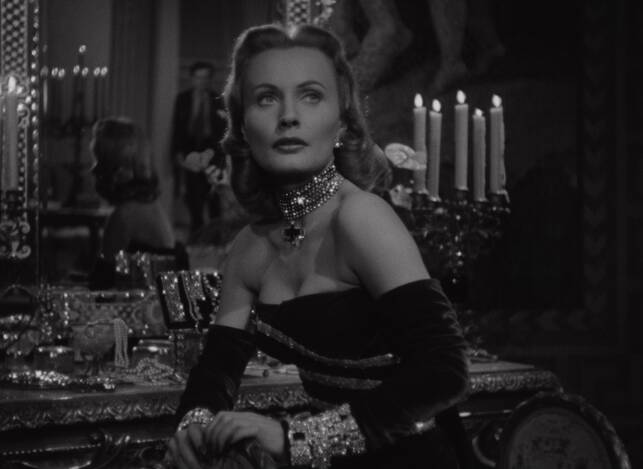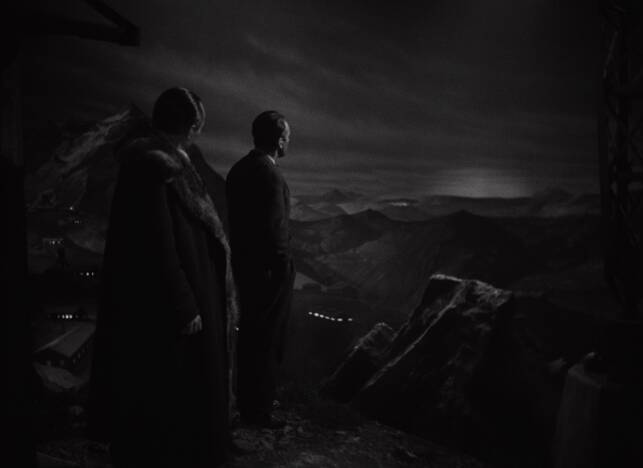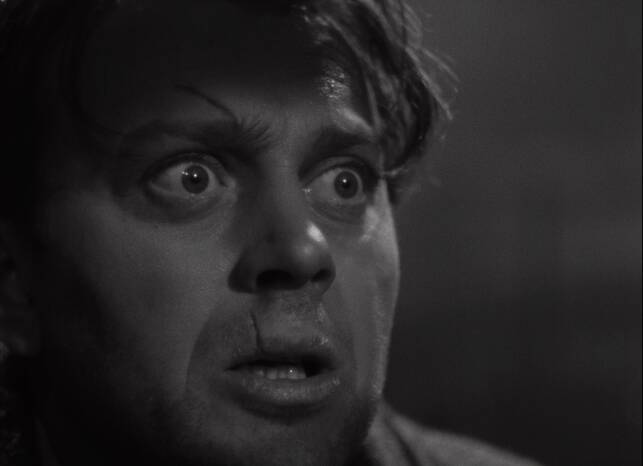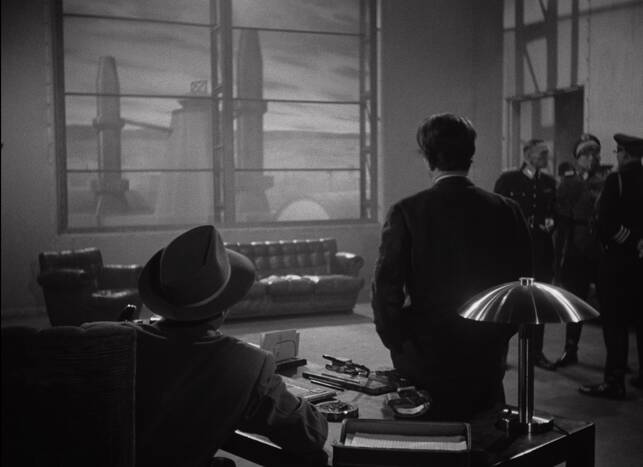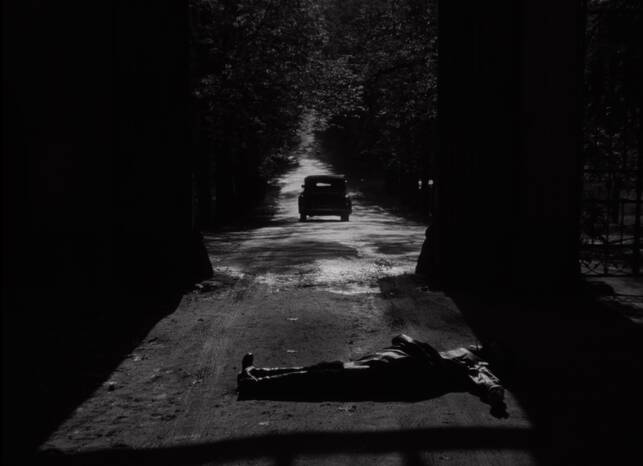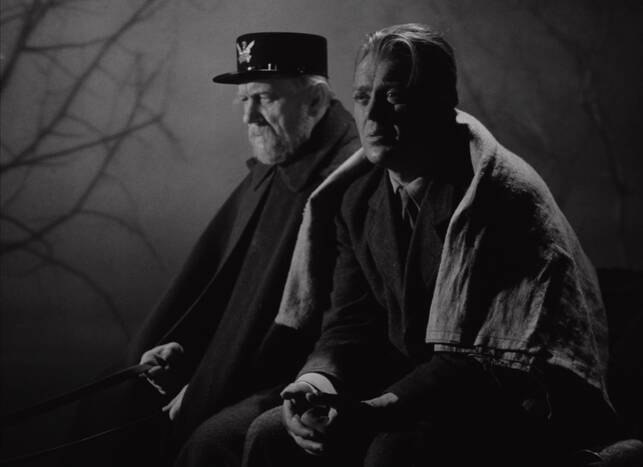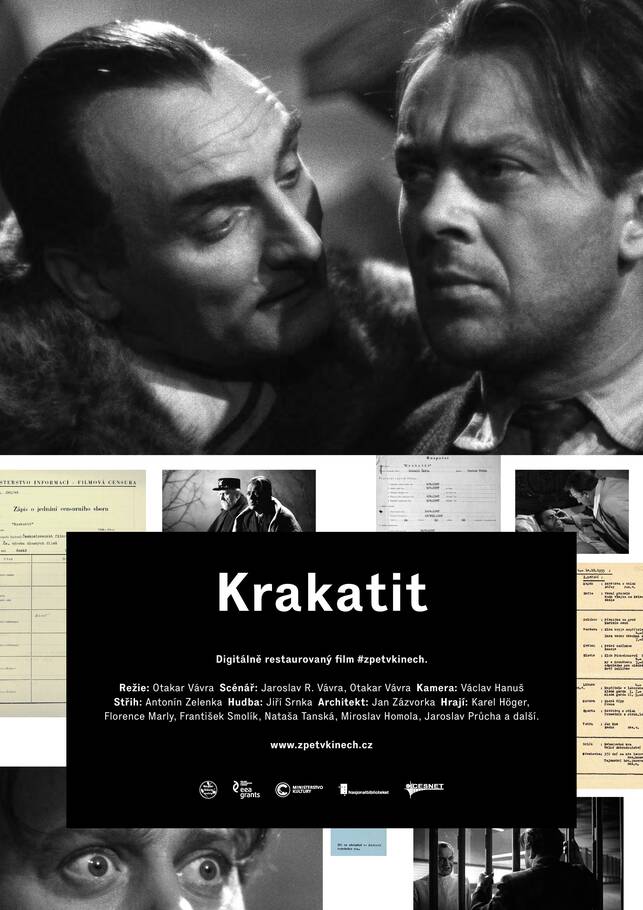Summary
Otakar Vávra made no less than two film adaptations of Karel Čapek’s science fiction mystery novel Krakatit. The first appeared in 1948 under the same title, while the second, a rather forced modernised interpretation entitled Temné slunce (The Dark Sun), was released 32 years later. Although reasonably faithful to the book, Vávra’s framing of Krakatit – the wounded hero is fighting for his life in hospital – is to the detriment of the literary original work’s open character. Thus the story about the gifted chemist Prokop – who in vain tries to prevent his revolutionary invention, an explosive called krakatite, from being abused – takes on the form of a feverishly pressing flashback. Vávra’s adaptation amplified the anti-war side of Čapek’s story, however, using it to take ideological aim at power-hungry capitalism. Among the undeniable qualities of this film, which follows the French cinematic style of poetism, is the humanism deeply imbued by the acting performance of Karl Höger, who plays the leading role.
Read more

